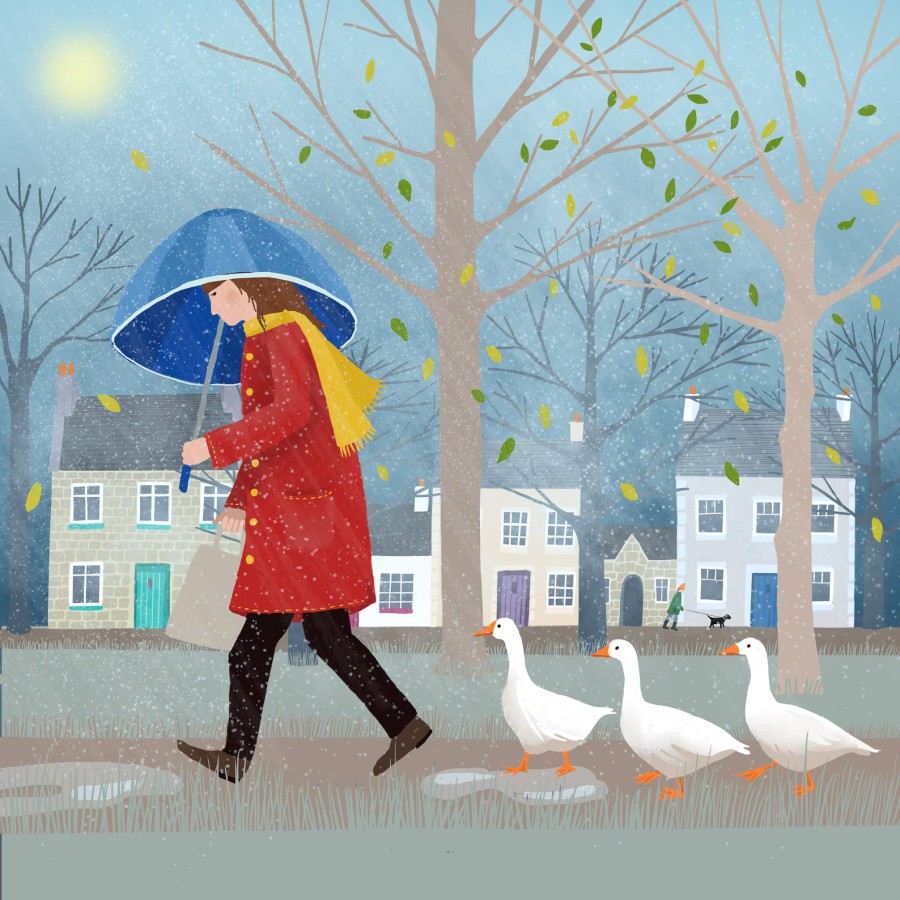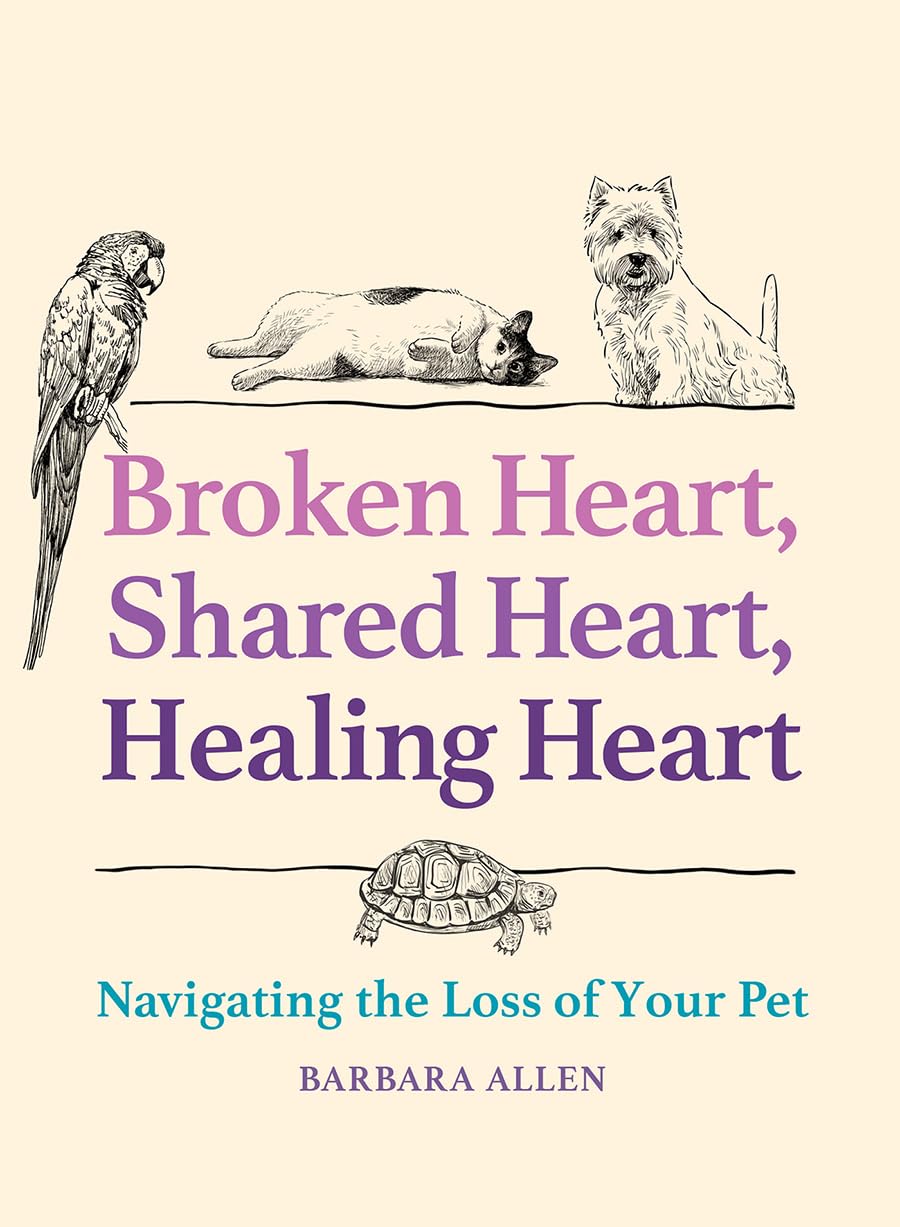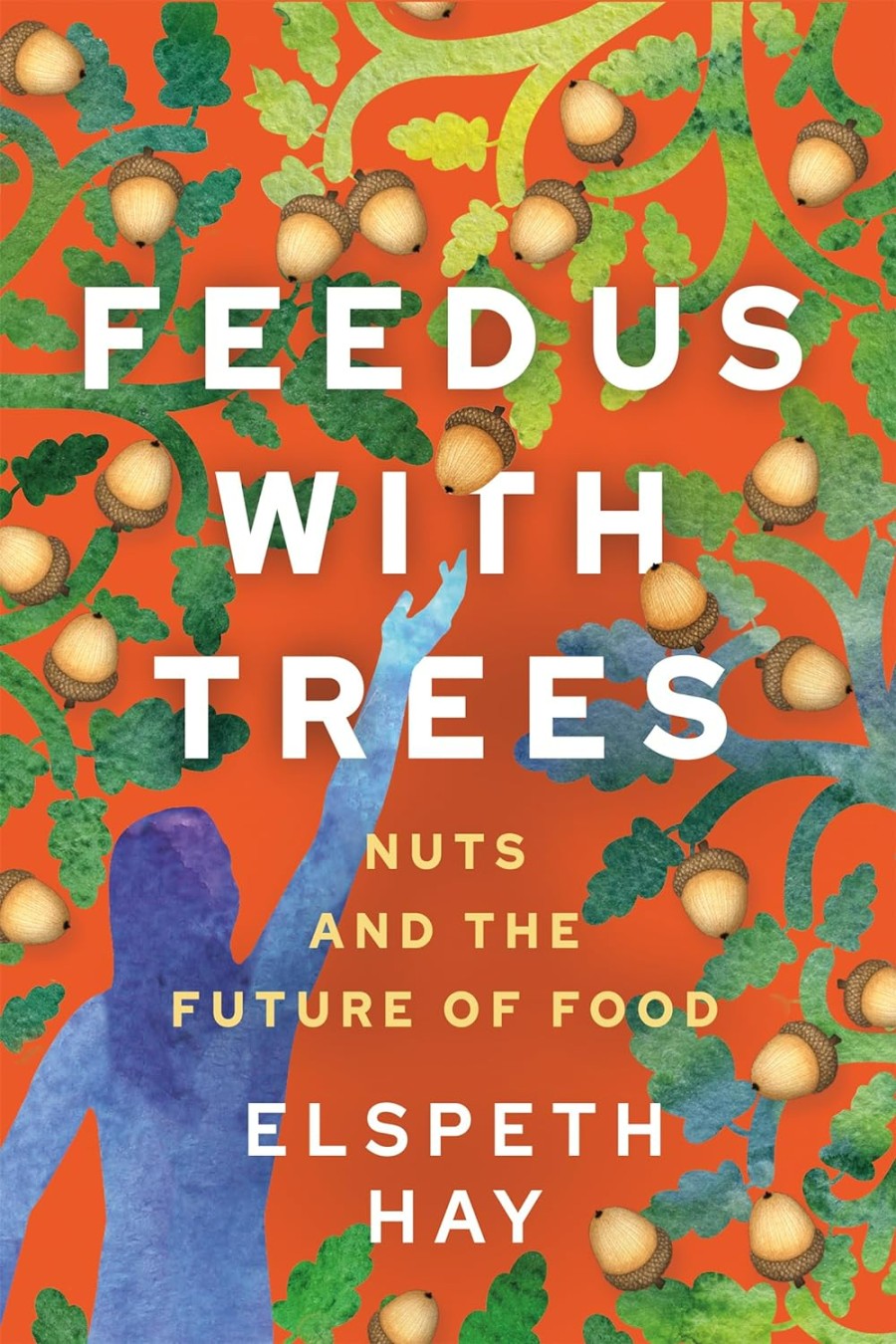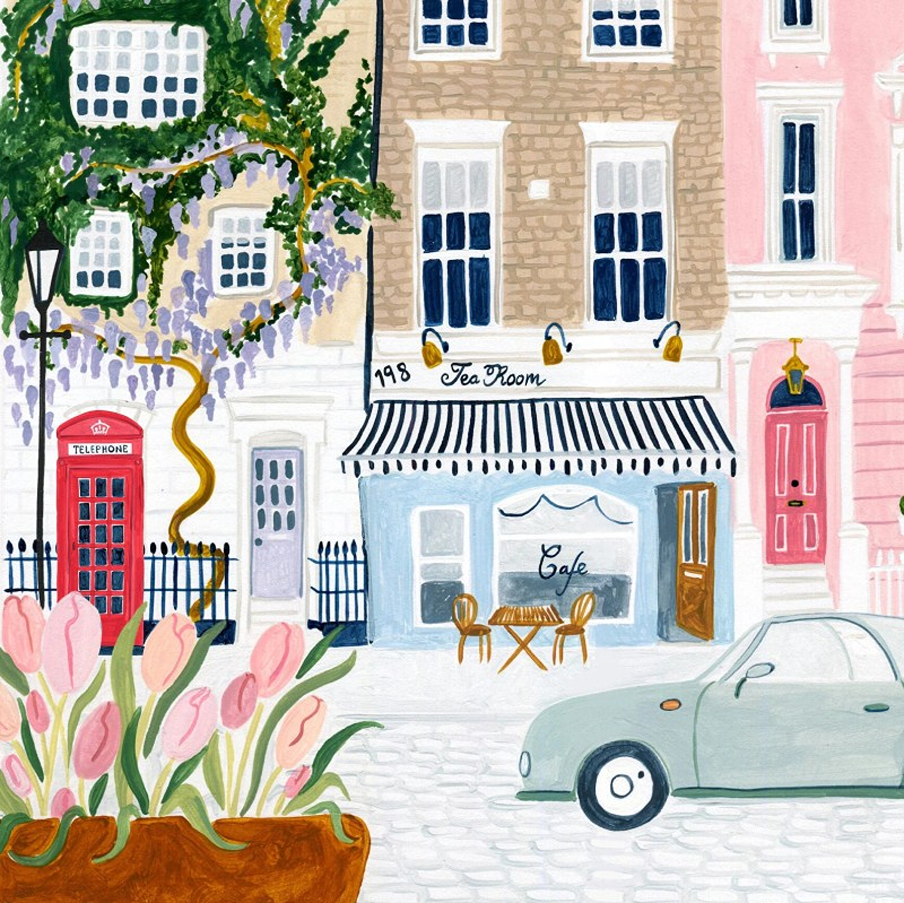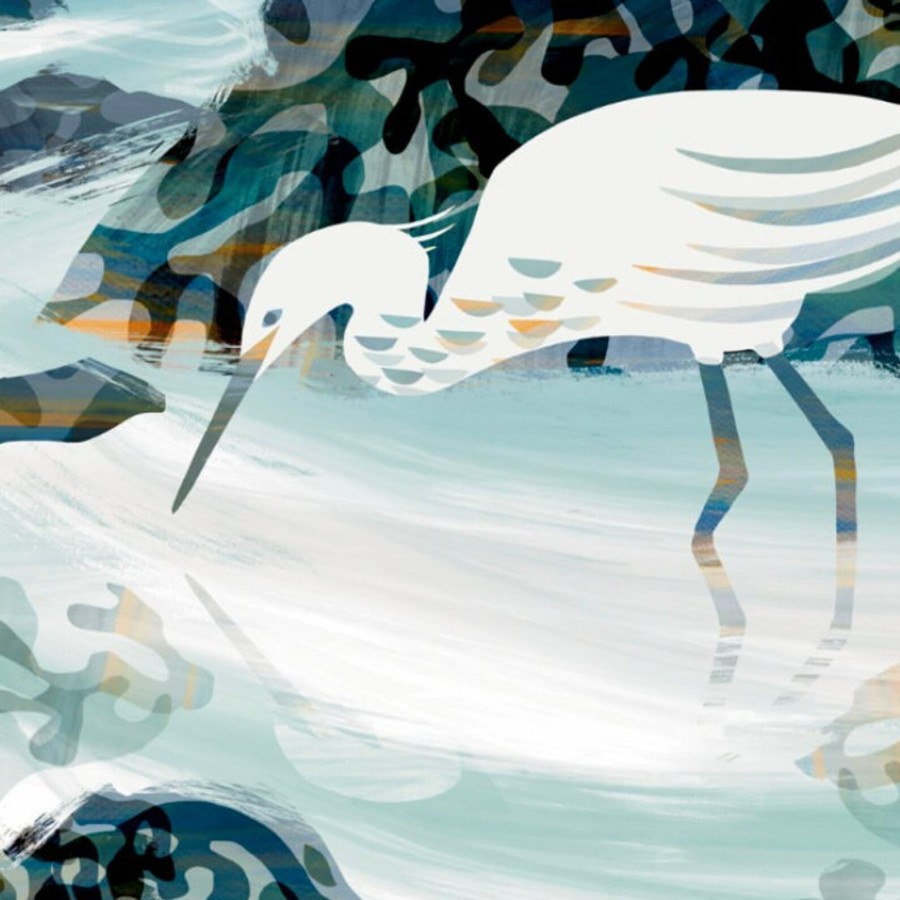
The media is often quite rightly reporting on domestic abuse cases. But of course the answer lies (as with everything) with empowered communities. With local communities that look after each other (rather than live on isolated sink estates where nobody knows what’s going on) you likely would have a lot less domestic abuse. And less fear to report concerns to authorities, in a culture of people who look out for one another.
Modern media is violent, and people become immune to violence on TV news and in newspapers, and this eventually leads to lack of empathy. TV programs are awash with profiles of true crime, but we know that this again numbs our capacity to ‘be shocked’ and in doing so, creates a society where nearly all serial killers have a history of abuse to animals or/and children.
NHS has an updated list of where to find help (including how to cover your tracks online). Just as important is Respect Phoneline (this is a helpline for abusers, who are seeking help to change their ways).
how to help children recover from abuse
Luna Little Legs is an illustrated book to help children recover from trauma, if they have witnessed or experienced domestic abuse. With engaging text, it covers the abusers getting help or families moving to a refuge and then into their own homes. The age-appropriate language helps children from abusive families or situations talk about their feelings to other family members or professionals. Professionals can buy a supporting guidebook.
helping animal victims of domestic abuse
Often victims of domestic abuse don’t leave, because they don’t want to leave pets behind. Dogs Trust Freedom Project and Refuge 4 Pets can offer fostering (usually in a different area) for people escaping abuse until they get settled (including tips on legal guardianship).
Anicare Handbook (also for children who have perpetrated or witnessed animal abuse) was created to help probation officers prevent future animal abuse).

